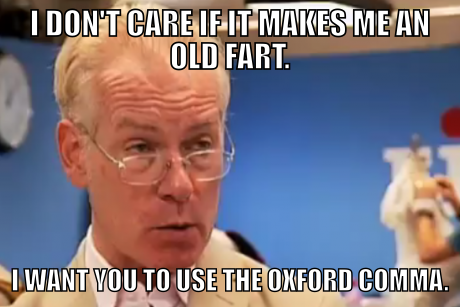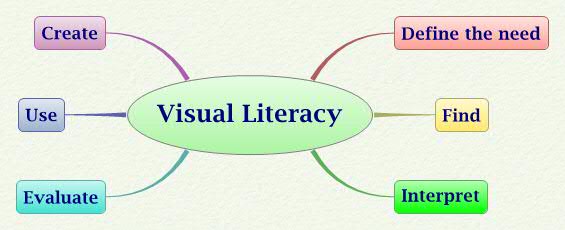I spent a while pondering what to write about for the blog
today, because my thoughts on the World English articles have been nicely
articulated already below, and we are forbidden from talking about Williams'
"Phenomenology of Error." What brilliant insight or hilarious
anecdote could I relate in lieu of a reading response? Well, I didn't get very
far with that thinking, but a moment from one of my recent classes has been
replaying itself in my mind this week so I thought it would be useful for me,
at least, to articulate a response to it. It's not an exciting story of crazy
classroom hijinks, but a far more common and mundane story of student-teacher
communication taking its time to find purchase.
My students were discussing their Extended Synthesis
proposals in groups of three when one my students called me over with a broad question:
"What are we meant to be doing
with the Extended Synthesis essay?" Upon further probing she rearticulated
the question to be about how the students were meant to go about, well,
synthesizing their Primary and Secondary Source essays to make this final essay.
She introduced her classmate's topic as an example, and following her lead we
talked as a group about the ways in which student B's previous work was going
to inform her final essay. "Does that help?" I asked. But student A
still had questions, and they were still broad – she didn't understand what the
relationship between the three essays was supposed to be. I took this to be a
question about the point of the assignment as a whole. That is, why, if I've
already written about these issues in my other essays, would I be asked to
write about them again? And so I answered by offering a rationale for the
assignment that highlighted the importance of drafting, revision, and taking on
feedback, thinking that this might clear the matter up. It didn't. What finally
got us some traction was talking about the student's own proposal. She told me
what she was thinking about focusing on for her Extended Synthesis, and how she
got there via her previous work. It sounded great. She was on the right track,
and that was all she needed to know. Problem solved, then. But it took a lot of
class time and a lot of...I don't want to say miscommunication here – was it bad communication? Meaningless
communication?
Anyway, this is getting long, so I suppose this is the part
in that good ol' genre of teaching narratives for me to offer an epiphany
that's going to change my life and teaching style forever. I'm not sure that's
really possible here, but the lesson I took away from the exchange was that focusing
on her specific work as the origin of her broader questions earlier on in the
conversation would have been much more beneficial for both of us.
There was also a second issue here, which I'll leave as a
question. Part of the problem, I think, for student A was that when she saw
that student B's essay was coming together in a different way than her own she
thought her own approach must be wrong. She had the ingredients (her two
previous essays), but all of a sudden felt like she had been using the wrong
recipe. What she wanted from me was the recipe (how do I combine my ingredients
to make an Extended Synthesis pie?). The reason this was a problem was that
part of the assignment is to make your own recipe – ie. figure out what you're
arguing and decide how to use your previous work in the way that is best going
to support your argument. I guess I'm wondering how common this problem is. I'm sympathetic; it's hard to make
these decisions on your own. But what do you do when you've spent a semester
trying to give students the tools they need to make these decisions, and they
still want the recipe from you?

















